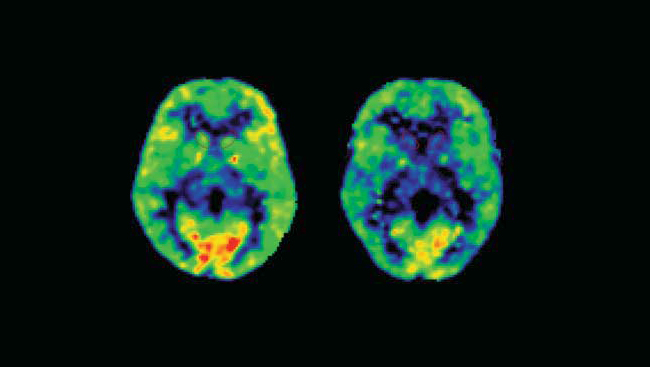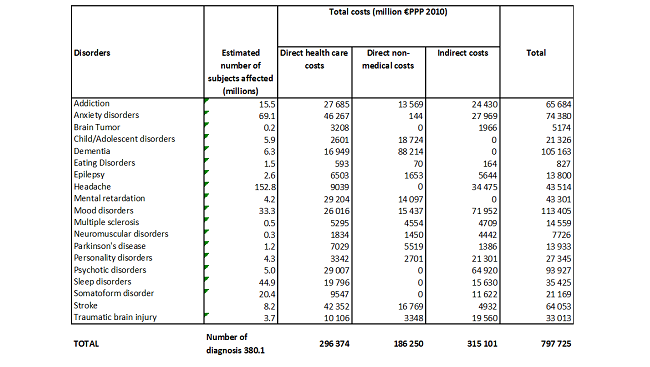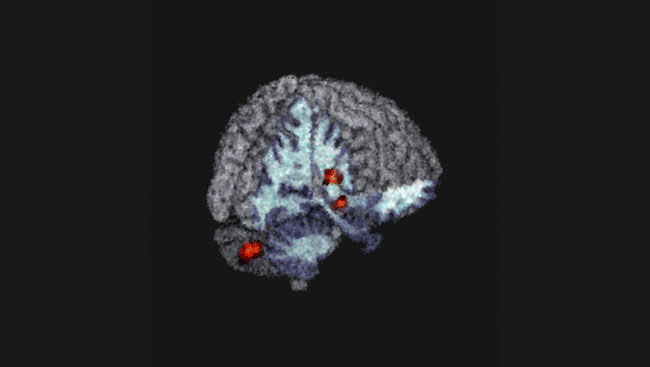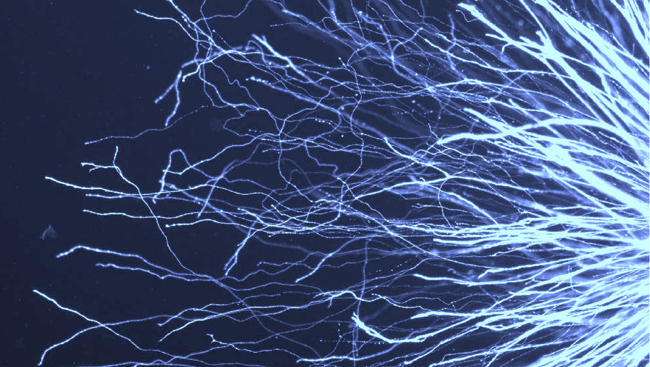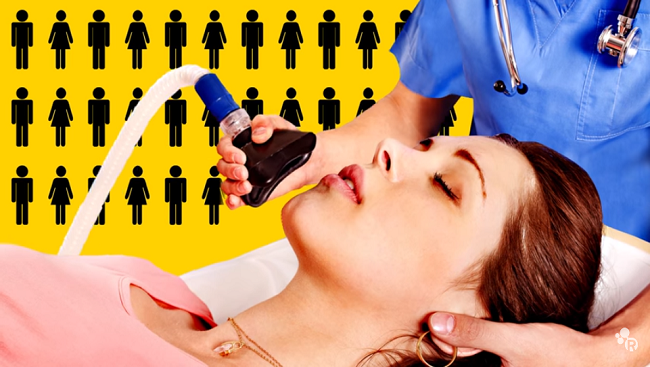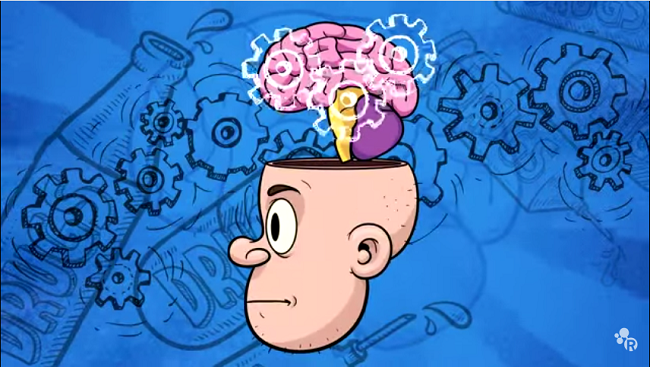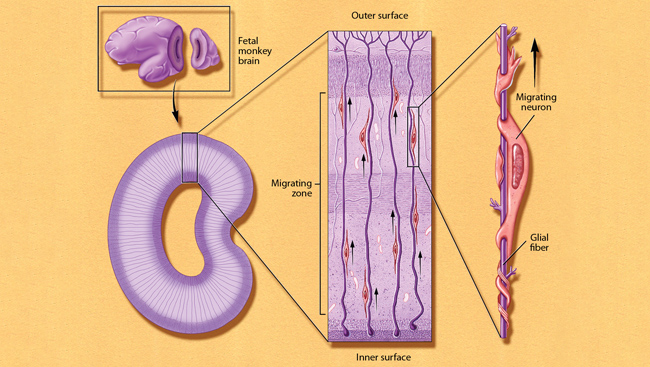Filter
-
(1)
-
(1)
-
-
(1)
-
(1)
-
-
(16)
-
(1)
-
(1)
-
(1)
-
-
(3)
-
(2)
-
(1)
-
-
(2)
-
(1)
-
(1)
-
-
(27)
-
(9)
-
(11)
-
(12)
-
(10)
-
-
(1)
-
(1)
-
-
(4)
-
(4)
-
(1)
-
-
(7)
-
(7)
-
-
(3)
-
(5)
-
(1)
-
(1)
-
(1)
-
(1)
-
(1)
-
-
(48)
-
(26)
-
(1)
-
(1)
-
(2)
-
(1)
-
(2)
-
(16)
-
(4)
-
(8)
-
-
(13)
-
(6)
-
(4)
-
(2)
-
(2)
-
-
(7)
-
(2)
-
(2)
-
(2)
-
(1)
-
-
(2)
-
(1)
-
(1)
-
-
(16)
-
(7)
-
(2)
-
(9)
-
-
(1)
-
(1)
-
-
(2)
-
(2)
-
-
(4)
-
(4)
-
-
(2)
-
(5)
-
(4)
-
(1)
-
-
(4)
-
(2)
-
(2)
-
(1)
-
(1)
-
(1)
-
-
(2)
-
(1)
-
(1)
-
(1)
-
-
(20)
-
(6)
-
(9)
-
(8)
-
(4)
-
(1)
-
-
(4)
-
(1)
-
-
(3)
-
(1)
-
(1)
-
(4)
-
(1)
-
(1)
-
(1)
-
(1)
-
(2)
-
(1)
-
-
(3)
-
(1)
-
(1)
-
(2)
-
-
(49)
-
(2)
-
(10)
-
(7)
-
(15)
-
(12)
-
(1)
-
(1)
-
(4)
-
(1)
-
(5)
-
(2)
-
(4)
-
(5)
-
(1)
-
-
(6)
-
(1)
-
(1)
-
(1)
-
(1)
-
(1)
-
(1)
-
(1)
-
-
(52)
-
(1)
-
(4)
-
(2)
-
(9)
-
(1)
-
(5)
-
(1)
-
(20)
-
(1)
-
(8)
-
(7)
-
(1)
-
(10)
-
(2)
-
(1)
-
(2)
-
(1)
-
(1)
-
(1)
-
(1)
-
(1)
-
(9)
-
(5)
-
(1)
-
(10)
-
(6)
-
(60)
61 - 70 of 77 results
-
Bullying is more than a painful experience — it can have lasting repercussions on the developing brains of young people.
-
Recent studies on the prevalence of brain diseases and disorders provide a stunning picture of mental health in Europe.
-
Sleep is crucial for concentration, memory, coordination, and even emotional health. Research holds promise for devising new treatments to allow millions of people to get a good night’s sleep.
-
At the Congressional Neuroscience Caucus briefing on the developing brain, leaders in the neuroscience field explored the fundamental differences between the growing and fully developed brain.
-
Hallucinations happen when people see, hear, feel, or otherwise sense things that are not real, but appear to be very real and part of the surrounding environment.
-
Anesthesia now allows tens of thousands patients every day to avoid the pain and memories of their procedures. But how does anesthesia work?
-
Our sleep schedules aren’t simply personal preferences — they’re innate, biological predispositions that affect our physical and mental health.
-
This video from the American Chemical Society takes a look at the chemistry behind addiction.
-
-
Once the neural induction has occurred, the next step for new neurons is a journey to the proper position in the brain. This process is called migration, and it begins three to four weeks after a human baby is conceived.


